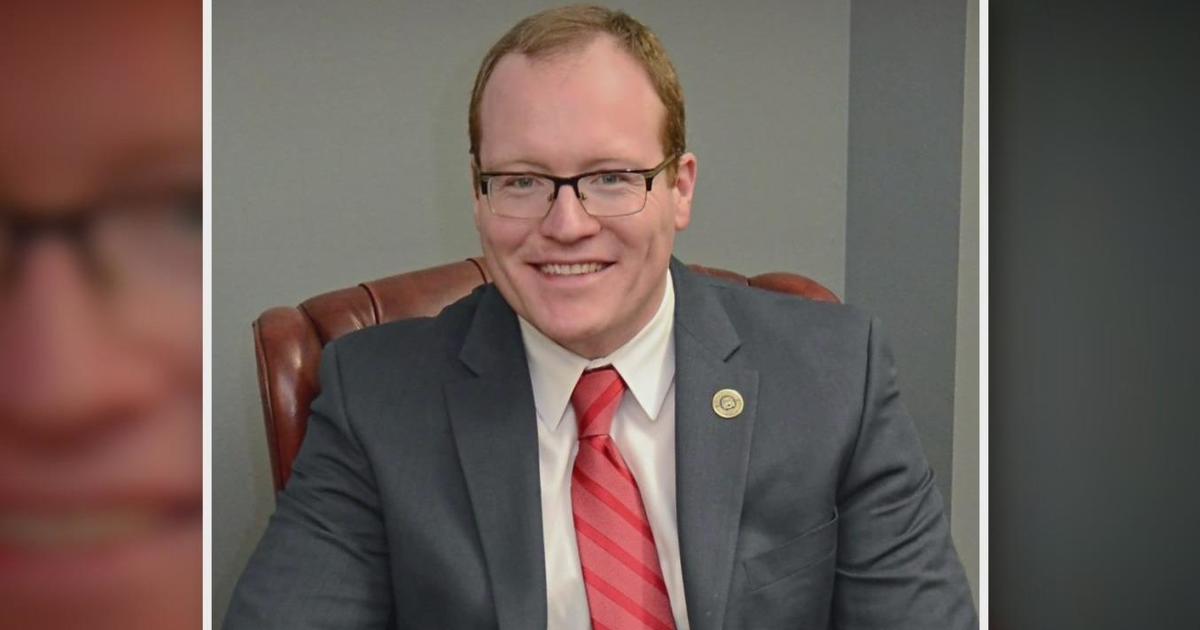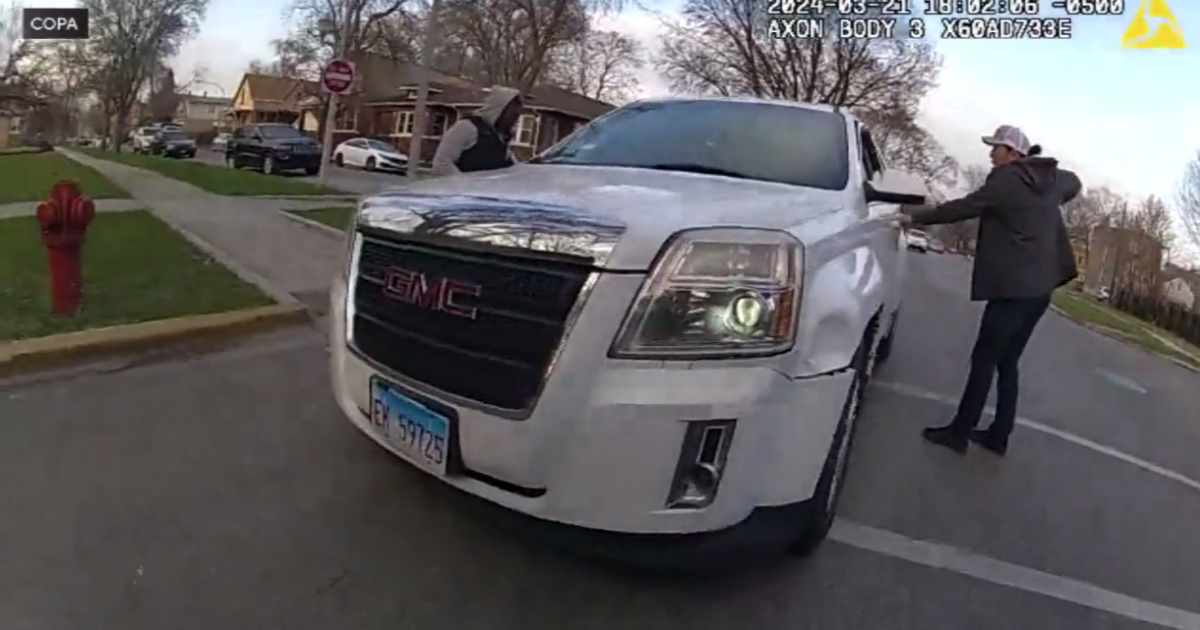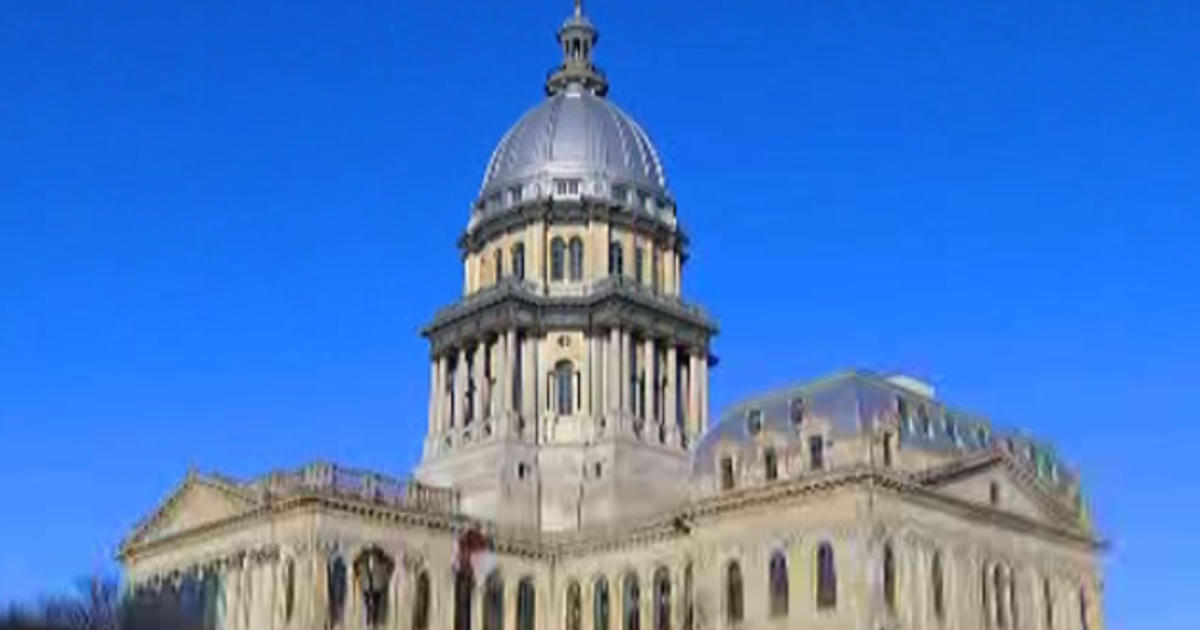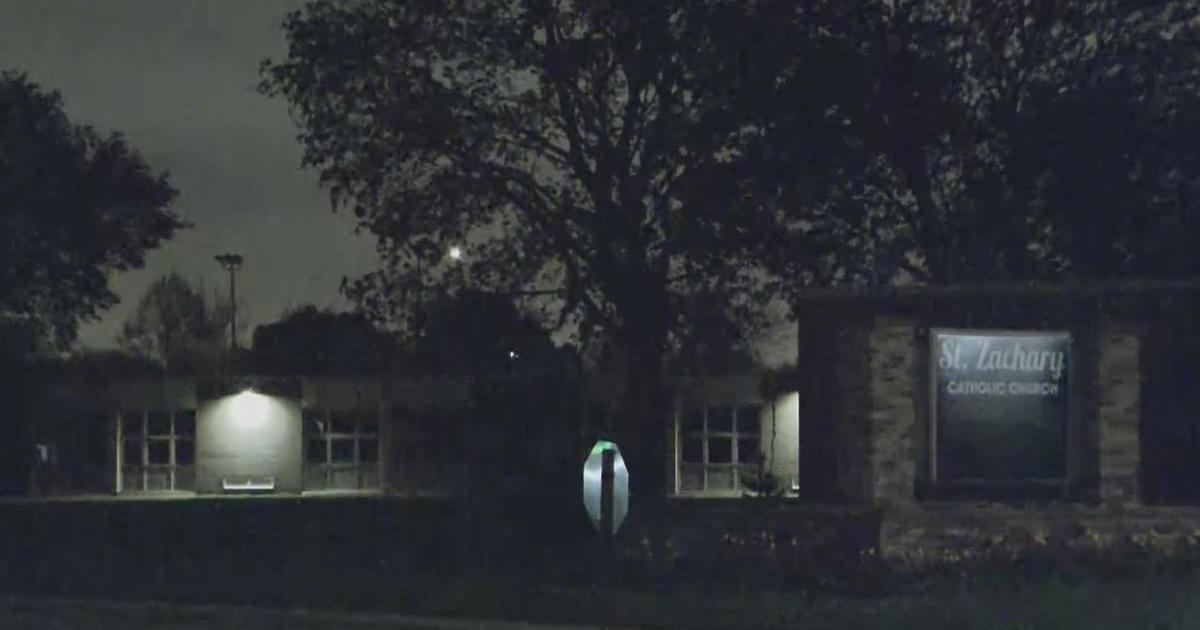Temporary Budget, Likely Doomed, Goes To Illinois Governor
SPRINGFIELD, Ill. (AP) — Illinois lawmakers sent a stop-gap budget plan Wednesday to Gov. Bruce Rauner, who will likely dismiss the one piece to emerge from a flurry of Capitol activity, which did little to move the state toward a yearlong spending agreement.
Despite the first-year Republican governor's well-known opposition, the Senate put up a partisan vote on a $2.3 billion, one-month budget to keep state government functioning; approved 39-0 with 15 voting "present." Democrats, who have used provisional fiscal plans several times in the past decade, want to keep essential and emergency services available during the budget standoff. Rauner wants a permanent fix.
But the day's bursts of activity provided more heat than light.
Majority Democrats in the House readied but delayed a final vote on funding $18 million in additional July expenses after hearing sometimes heart-rending testimony from clients of state services on the struggles apparent two weeks into the state's new fiscal year. Meanwhile, the Senate voted to override Rauner's vetoes of several budget bills, though House reluctance spells certain failure, and a plan billed as a property-tax freeze compromise with Rauner by Democratic Senate President John Cullerton fell short.
The governor's office did not respond to requests for comment and he did not make a public appearance.
This spring, legislative Democrats were behind a $36 billion budget that they acknowledged had a deficit of up to $4 billion. They want a tax increase to cover "vital" services, while Rauner has first demanded action on pro-business and political reforms such as restrictions on compensation for injured workers and officeholder term limits.
The Senate's interim financial plan was the lone substantive proposal that made progress, but not before hoots of Republican derision.
"This puts us on a path to cementing in an out-of-balance, unconstitutional budget," Senate Republican budget leader Matt Murphy of Palatine said during floor debate. "Let's stop doing this a month at a time and get down to the business of compromising on the fundamental reforms necessary to make Illinois great again."
After the new fiscal year commenced July 1 without a budget, Democrats fashioned a checking account for the month — as they did in 2004 and 2007 — to keep the Capitol lights on.
"It's very narrowly focused," the legislation's sponsor, Democratic Sen. Heather Steans of Chicago, said. "We're trying to ensure that those key services that really do impact the health and welfare of particularly vulnerable groups are being met."
The House changed the plan last week to add salaries for all 64,500 state workers for July, not just those performing "essential" services. This came after Rauner sought court orders to be able to pay employees and keep them working even without a budget. Courts so far have ruled in his favor and the first batch of checks went out Wednesday.
Rauner should "put politics aside, ignore the advice of his campaign advisers, and sign the bill," House Speaker Michael Madigan told reporters 90 minutes before the House completed its hearing on the new appropriation, which would provide millions of dollars for victims of domestic violence, autism services, cancer screenings and more.
"Wake up! Smell the coffee," Majority Leader Barbara Flynn Currie, D-Chicago, said. "You heard the testimony today. You heard what happens to parents who have children with autism, who don't have the services, the support they need to make a go of it."
The plan won approval as an amendment to another piece of legislation but the House adjourned before taking a final vote.
Madigan, a Chicago Democrat, also said he didn't have the votes to overturn Rauner's vetoes of House-originated bills and would not consider action on the overrides coming from the Senate because it would trigger a state law requiring lawmakers to collect daily expense payments — something both chambers swore off during the standoff.
The Senate's proposed property tax freeze — one of Rauner's key reforms — added a provision to create a new system for subsidizing public schools, almost universally seen as unfair. Decades of ignored studies suggesting improvements sit on shelves, but Cullerton said his initiative wouldn't suffer the same treatment because it creates an ending date for the current aid formula, forcing lawmakers to find a replacement. The vote was 32-0 but it required 36 favorable tallies.
(TM and © Copyright 2015 The Associated Press. All Rights Reserved. This material may not be published, broadcast, rewritten or redistributed.)



